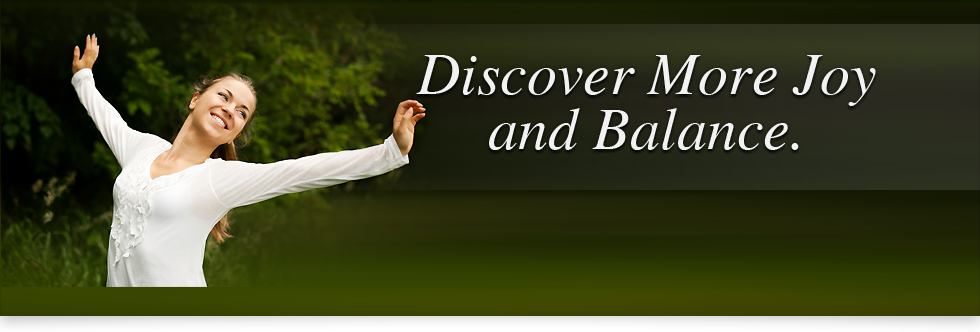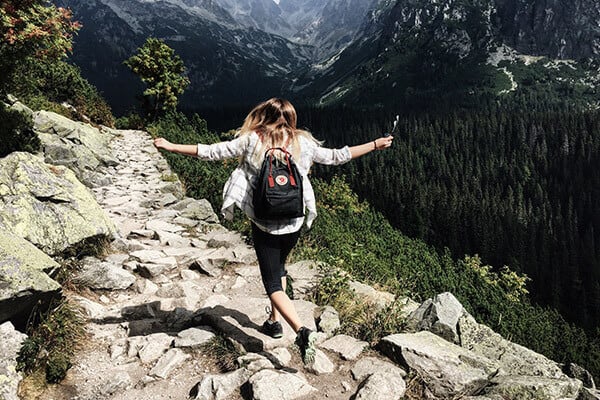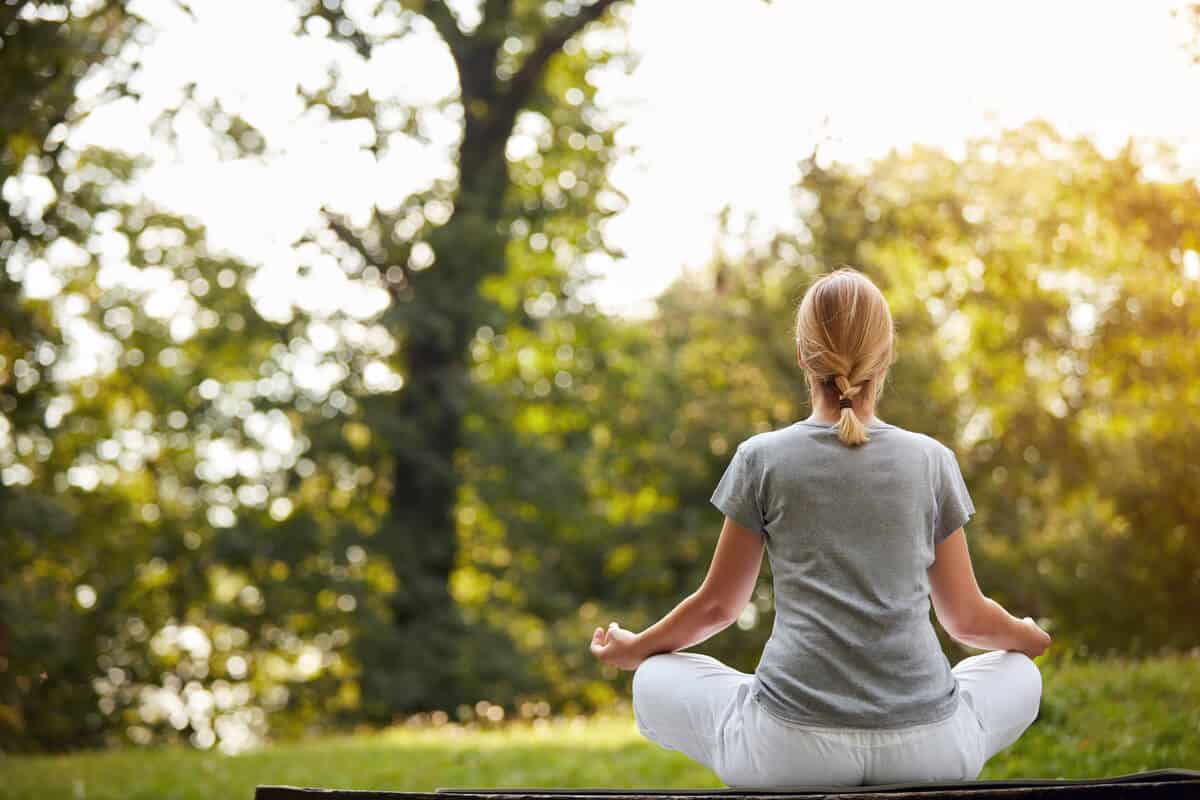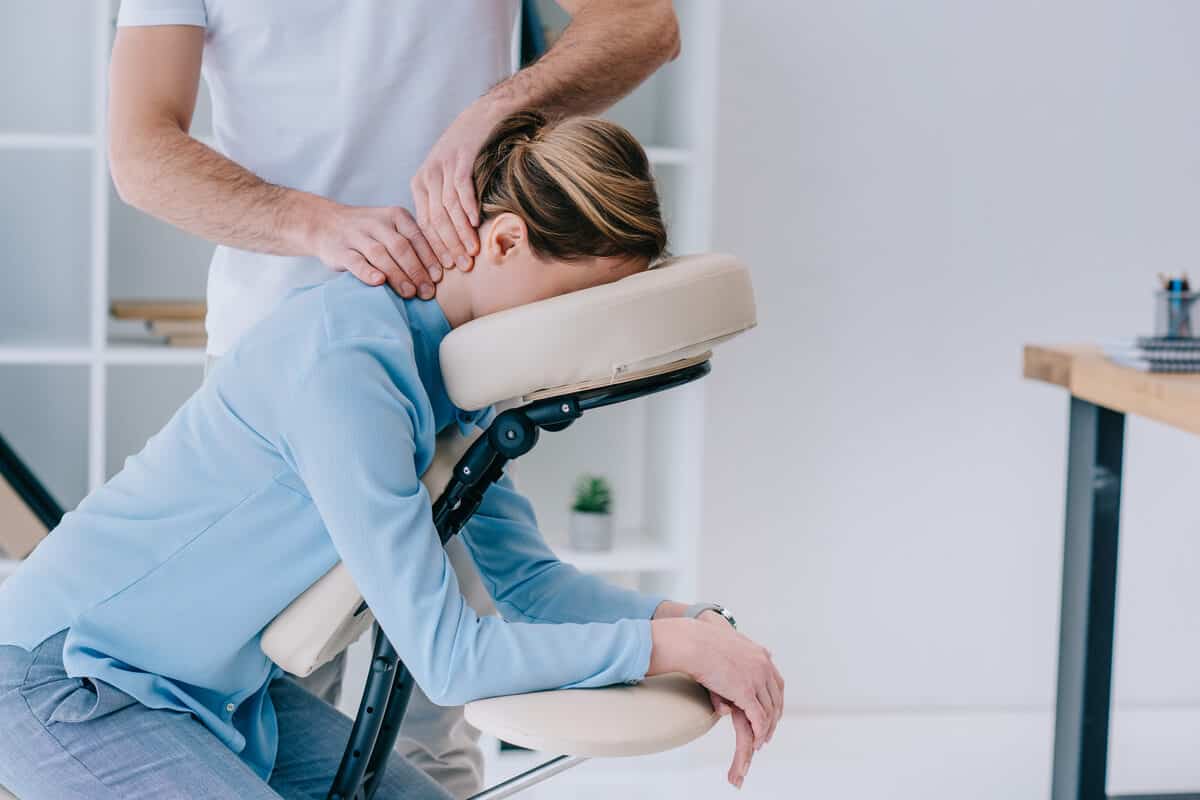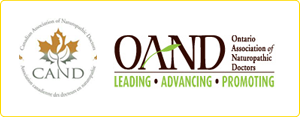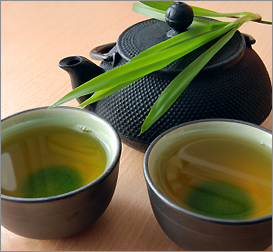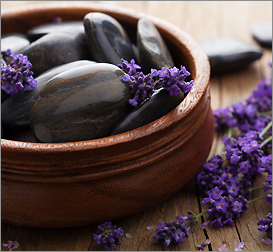How do you cope with anxiety? Whether you’re struggling with the demands of your career, family life, or growing list of responsibilities, feelings of anxiety are a normal part of life. However, for some individuals, feelings of anxiety can evolve into an anxiety disorder and wreak havoc on your overall health and well-being. (8) Thankfully, there are strategies you can use to reduce the negative health effects and symptoms associated with anxiety. Continue reading to learn more about natural anxiety relief techniques.
Anxiety affects everyone in varying degrees, but there are natural ways to keep your nerves calm!
What is anxiety?
Anxiety is a normal emotional and physical reaction to a stressful, unfamiliar, or unsafe situation. (7) While anxiety is often considered to be similar to fear, the two differ slightly. Anxiety relates to future experiences where coping strategies are used to mitigate or diffuse a difficult scenario, whereas fear is a response to a known threat. (11)(12) Occasional and temporary feelings of anxiety are common and can be instigated by everyday scenarios, such as facing a problem at work, experiencing a relationship conflict, or preparing for an exam. However, frequent symptoms of anxiety that interfere with a person’s daily life and well-being may be an indicator of a chronic anxiety disorder. (8)
Types of anxiety disorders
Major chronic anxiety disorders include the following:
Generalized Anxiety Disorder
Long term anxiety with pronounced worry and tension regardless of triggers.
Obsessive-Compulsive Disorder (OCD)
Marked by recurrent compulsions that are performed to attempt to prevent unwanted thoughts or obsessions. Anxiety increases if the compulsive behaviors are not performed.
Post-Traumatic Stress Disorder (PTSD)
Characterized by anxiety related to triggers that are associated with previously experienced traumatic events such as violence, physical harm, or accidents occurred or threatened.
Social Anxiety Disorder
Extreme self-consciousness that can produce intense anxiety related to social interaction or scenarios. (13)
Symptoms of anxiety
The physical symptoms of anxiety can vary in type, duration, frequency, and intensity between individuals. Anxiety can also be acute (short-term) or chronic (long-term). (9) Common anxiety symptoms, whether acute or chronic, can include:
Anxiety can produce many physical symptoms and it can feel isolating.
Natural remedies for anxiety
Outlined below are some activities to reduce anxiety.
Mediation and yoga
Engaging in meditation and yoga can be an effective way to reduce stress and anxiety. For example, one study found that completing a 60-minute vinyasa yoga class each week for six weeks significantly reduced stress and anxiety in students preparing for exams. (5) Similarly, a meta-analysis of 36 studies determined that meditation is an effective strategy for reducing symptoms of anxiety. 25 of the studies included in the meta-analysis reported significantly improved anxiety symptoms compared to the control groups. (2)
Yoga and meditation are great ways to reduce anxiety and stress.
Aerobic exercise
Meta-analyses show that exercise is an effective way to reduce anxiety. High-intensity exercise, such as jogging or walking at a fast pace, reduces anxiety to a greater extent than low-intensity exercise, such as gentle stretching or slow-paced walking. (1) This can have important implications for practitioners looking to prescribe exercise as a means of reducing anxiety as an individual’s willingness to exercise can impact adherence to long-term treatment plans.
Caffeine intake
High intake of caffeine has been shown to increase symptoms of anxiety. (16) In general, enjoying a cup of coffee is a nice way to start the day, however, multiple cups of coffee may cause jitters, anxiousness, elevated heart rate, and insomnia. The U.S. Food and Drug Administration (FDA) suggests that healthy adults can consume up to 400 mg, approximately four to five cups of coffee, per day without experiencing dangerous health effects. However, some people find that they are more sensitive to caffeine and may benefit from reducing their daily intake. (14) Weaning down your daily caffeine intake not only helps with reducing feelings of anxiety but also reduces your reliance on this stimulant. (16)
Massage
Who doesn’t like a good massage? Beyond feeling great, massage has been shown to promote healing through improved blood flow and to reduce anxiety and stress by encouraging relaxation of the body and mind. (10) After receiving ten treatments over a twelve week period, participants in one study reported significant reductions in anxiety. (10) For additional benefit, combining the use of massage and reiki, an art of energy healing through touch, has also been shown to relieve stress and anxiety. (4)
A massage can release tension, anxiety, and promote healing through improved blood flow.
Acupuncture
Research demonstrates that acupuncture performed by trained professionals can be an effective treatment for anxiety. (3) The World Health Organization has even contended that acupuncture is more effective than traditional medicine, and is less likely to result in addition or other side effects compared to various pharmaceutical medications. (15) Acupuncture, a therapeutic technique that involves inserting very thin needles into the skin, can affect the sympathetic and parasympathetic nervous systems, helping this body cope with stress through the regulation of heart rate, the release of certain neurochemicals, and the release of endorphins. (6)
The bottom line
Whether you experience acute or chronic anxiety, there are a number of natural ways you can improve and prevent symptoms. Many of the natural remedies for anxiety can be easily incorporated into your life and may improve your overall health and well-being. If you suffer from anxiety and are looking for some help (and you live in Ontario, Canada), or you know someone who could use some support, contact me at support@DrLindaBrownND.com or (647) 372-0062. ***Virtual Appointments are available.



